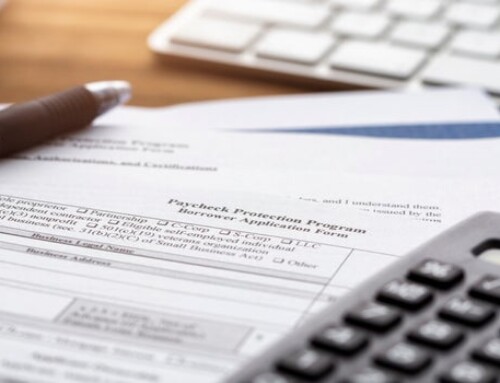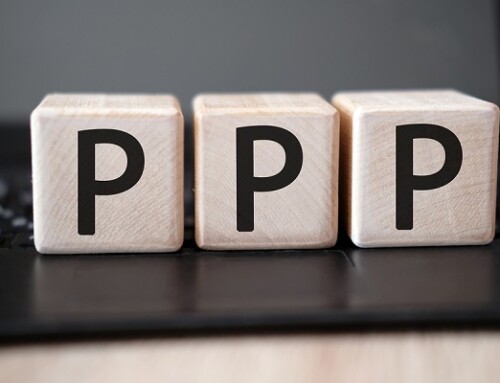The Federal Tax Code has eliminated most interest expenses as a tax deduction. Therefore, interest expense on a car loan or credit card debt is not deductible as an itemized deduction. However, interest on debt secured by a first or second home can still be deductible. This includes a second mortgage or “home equity” loan or line of credit. However, you must follow the rules. Here are some tips.
Know the limits – Total debt on your home and/or second home cannot exceed $1 million ($500,000 if married filing separately). In addition, home equity debt may not exceed $100,000 ($50,000 if married filing separately).
Don’t forget phase-outs – Even if you have qualified mortgage and home equity interest expense, the benefit can phase out if your 2017 adjusted gross income exceeds $259,400 (single) or $311,300 (married filing joint). You might also be impacted by the Alternative Minimum Tax.
Use caution when debt exceeds equity – Interest on non-acquisition debt that is more than the value of your home is generally not deductible. Therefore, if your home is worth $250,000 but your debt secured by your home is over this amount, your tax benefit could be reduced.
The Home Equity line of credit benefit – You can use a home equity line of credit as part of the home equity debt limit to make major purchases and still deduct the interest expense. However, you will need to understand whether use of your home equity line of credit is the right move to make in your situation. For example, if you use a home equity line of credit to buy a car, compare the after tax home equity interest rate against the rate of interest on a traditional car loan. You also need to account for any differences in the length of time you have to pay back either loan. Understand that if you use your home equity to buy your car, your home is now seen by the bank as the collateral for your car purchase. As you consider taking advantage of the equity in your home for more tax efficient lending, don’t forget the problems of the housing crash in 2008. Without proper planning, you could find yourself underwater. This occurs when your home debt exceeds the market value of your home.
If you have any questions on the tax benefits of home equity, don’t hesitate to call us.
The Federal Tax Code has eliminated most interest expenses as a tax deduction. Therefore, interest expense on a car loan or credit card debt is not deductible as an itemized deduction. However, interest on debt secured by a first or second home can still be deductible. This includes a second mortgage or “home equity” loan or line of credit. However, you must follow the rules. Here are some tips.
Know the limits – Total debt on your home and/or second home cannot exceed $1 million ($500,000 if married filing separately). In addition, home equity debt may not exceed $100,000 ($50,000 if married filing separately).
Don’t forget phase-outs – Even if you have qualified mortgage and home equity interest expense, the benefit can phase out if your 2017 adjusted gross income exceeds $259,400 (single) or $311,300 (married filing joint). You might also be impacted by the Alternative Minimum Tax.
Use caution when debt exceeds equity – Interest on non-acquisition debt that is more than the value of your home is generally not deductible. Therefore, if your home is worth $250,000 but your debt secured by your home is over this amount, your tax benefit could be reduced.
The Home Equity line of credit benefit – You can use a home equity line of credit as part of the home equity debt limit to make major purchases and still deduct the interest expense. However, you will need to understand whether use of your home equity line of credit is the right move to make in your situation. For example, if you use a home equity line of credit to buy a car, compare the after tax home equity interest rate against the rate of interest on a traditional car loan. You also need to account for any differences in the length of time you have to pay back either loan. Understand that if you use your home equity to buy your car, your home is now seen by the bank as the collateral for your car purchase. As you consider taking advantage of the equity in your home for more tax efficient lending, don’t forget the problems of the housing crash in 2008. Without proper planning, you could find yourself underwater. This occurs when your home debt exceeds the market value of your home.
If you have any questions on the tax benefits of home equity, don’t hesitate to call us.





